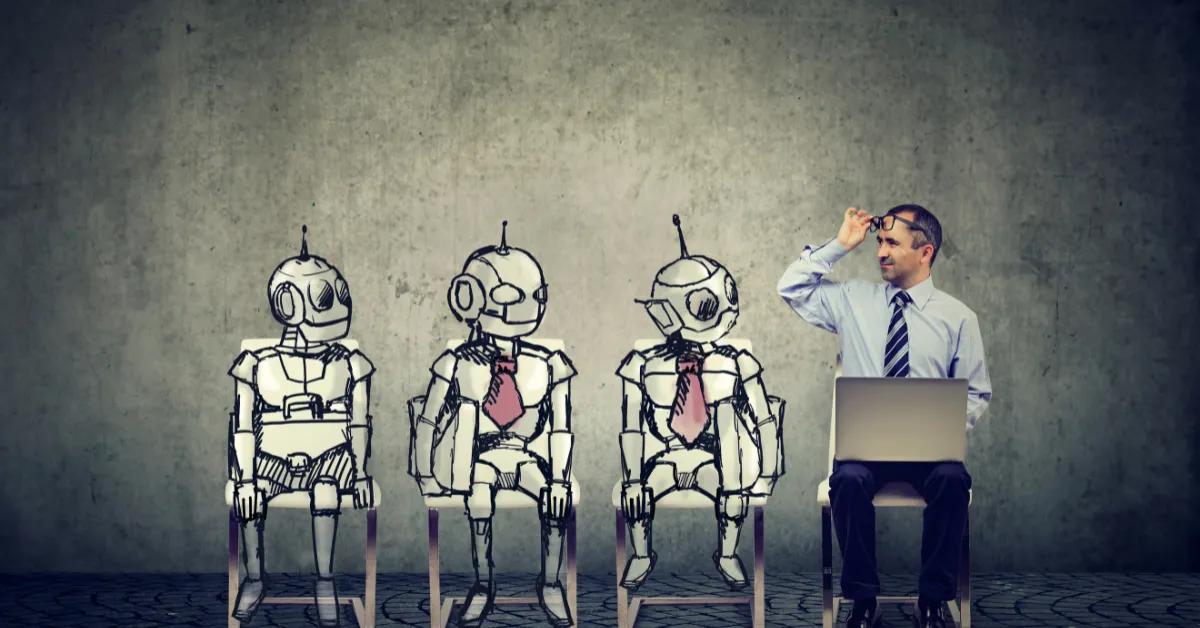Will AI Replace Lawyers?

Dan is an entrepreneur with a rich tech background and a passion for AI, known for his global perspective and leadership.

Current Strengths of AI in the Legal Field
The current strengths of AI in the legal field are:Document Review
One of the most prominent applications of AI in law is document review and analysis. AI-powered tools can quickly scan through vast amounts of legal documents, identifying relevant information, extracting key clauses, and highlighting potential issues. This process, which would typically take lawyers countless hours to complete manually, can now be accomplished in a fraction of the time, significantly boosting efficiency and productivity.Legal Research
Another area where AI has shown great promise is legal research. AI algorithms can sift through massive databases of case law, statutes, and regulations, finding relevant precedents and legal authorities in mere seconds. This not only saves lawyers time but also ensures that they have access to the most up-to-date and pertinent information for their cases. Additionally, AI-assisted legal tasks can help lawyers uncover hidden patterns and connections between cases, providing valuable insights that might have been overlooked through traditional research methods.Contract Drafting And Review
AI is also making waves in contract drafting and review. Machine learning algorithms can analyze large pools of contracts, identifying common clauses, potential risks, and areas that require attention. This enables lawyers to draft more accurate and consistent contracts while minimizing the risk of errors or oversights. Furthermore, AI can help automate the contract review process, flagging key terms and conditions that may require negotiation or amendment.Predictive Analytics
Predictive analytics is another exciting application of AI in the legal field. By analyzing past case outcomes, legal documents, and other relevant data, AI algorithms can predict the likelihood of success for a given case or legal strategy. This information can be invaluable for lawyers, helping them make data-driven decisions, manage client expectations, and allocate resources more effectively.Limitations of AI

Potential Benefits of AI for Lawyers
One of the most significant advantages of AI is its ability to increase efficiency, productivity and therefore results. By automating time-consuming tasks such as document review, legal research, and contract analysis, AI can free up lawyers to focus on higher-level, strategic work that requires human expertise and judgment.AI can help lower the cost of legal services by streamlining legal processes and reducing the time and labor required for certain tasks, making them more accessible to a wider range of clients. This not only benefits clients but also helps lawyers to attract and retain business in an increasingly competitive market.AI can also help improve accuracy and consistency in legal work. Human errors can be costly in the legal profession, leading to missed deadlines, overlooked details, and even legal malpractice claims. AI tools can help catch and correct errors, ensure consistency across documents and cases, and provide a reliable audit trail of legal work.AI can help lawyers to handle large volumes of data and documents more effectively. Legal cases often involve vast amounts of electronic data, from emails and social media posts to financial records and business documents.AI tools can help to quickly process and categorize this data, identifying relevant information and patterns that might otherwise be missed.Challenges and Ethical Considerations For AI Use


